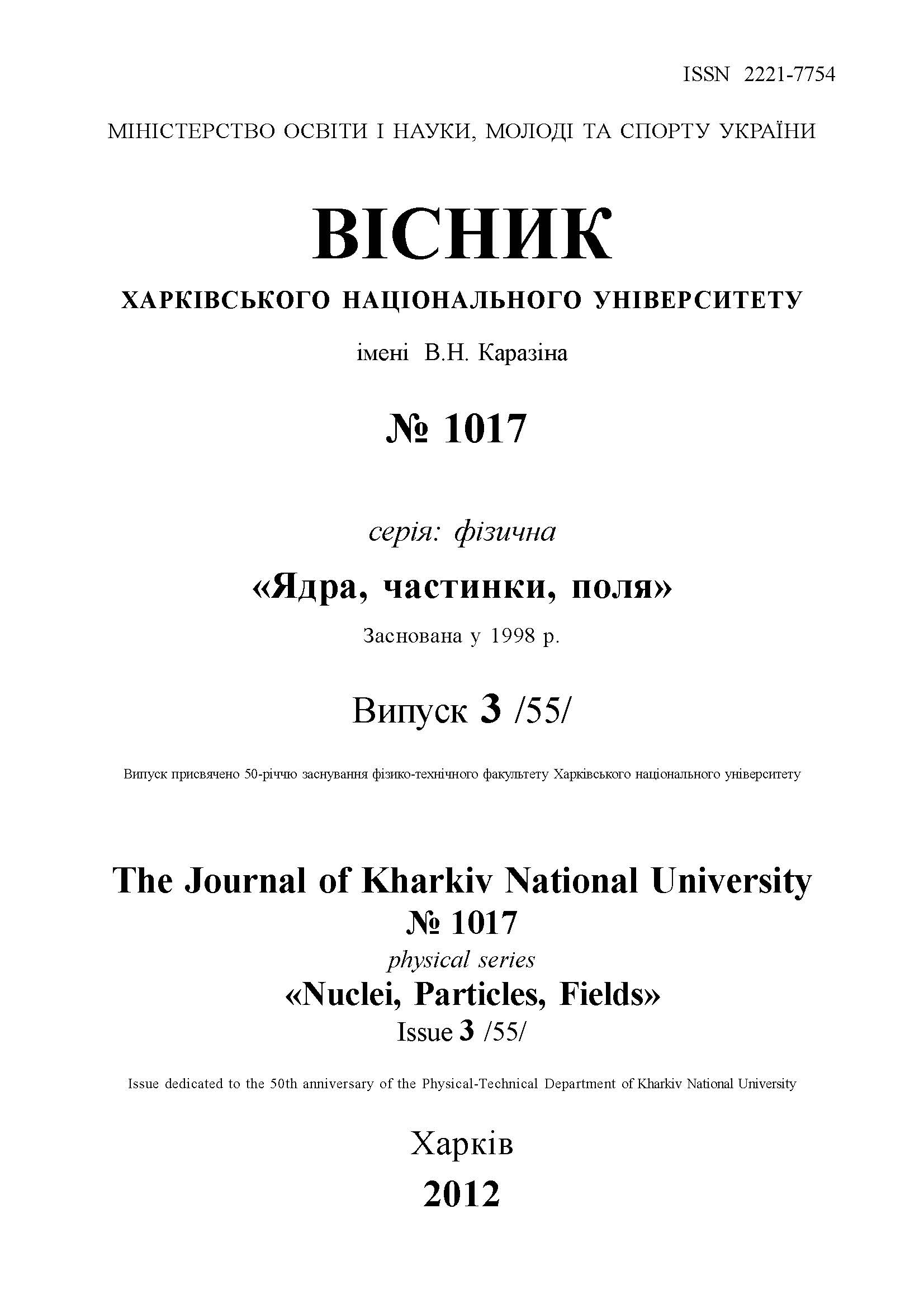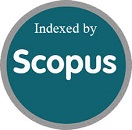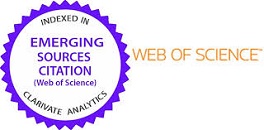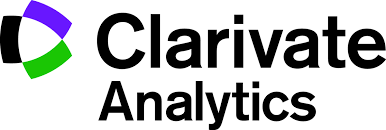Once Again About Advantages of the New Method of Electromagnetic Isotopes Separation
Abstract
The advantage of the new method of electromagnetic isotopes separation in the crossed electric and magnetic fields in comparison with an ordinary method with the presence of only magnetic field is shown in the paper. It is also shown that the theory of ordinary method of isotopes separation in the magnetic field of linear current, written in article of Bardakov V.M. etc. in ZTF, 2010, Vol. 80, No. 10, pp. 115-119, is built wrong.
Downloads
References
Kirochkin Yu.A., Kirochkin A.Yu. Theoretical investigation of the possibility of isotope separation during motion of charged particles in the electromagnetic field of a cylindrical capacitor and a linear current flowing along its axis // Technical Physics. – 2007. - Vol. 52, №10. - P. 1336–1344. (Original Russian text published in Zhurnal Tekhnicheskoi Fiziki. – 2007. - Vol. 77, № 10. – P. 89–96).
Kirochkin Yu.A., Kirochkin A.Yu. Движение релятивистских зарядов в постоянном электромагнитном поле цилиндрического конденсатора и линейного тока, протекающего вдоль его оси [The motion of relativistic charges in a constant electromagnetic field of a cylindrical capacitor and a linear current flowing along its axis], The Journal of Kharkiv National University, physical series “Nuclei, Particles, Fields”, 784, 4(36), pp.113-116 (2007), In Russian
Bardakov V.M., Kichigin G.N., Strokin N.A., Tsaregorodtsev E.O. Плазмооптическая масс-сепарация изотопов в магнитном поле линейного тока [Plasma-optical mass separation of isotopes in a linear magnetic field], Zhurnal tekhnicheskoy fiziki, 80(10), pp. 115-119 (2010).
Authors who publish with this journal agree to the following terms:
- Authors retain copyright and grant the journal right of first publication with the work simultaneously licensed under a Creative Commons Attribution License that allows others to share the work with an acknowledgment of the work's authorship and initial publication in this journal.
- Authors are able to enter into separate, additional contractual arrangements for the non-exclusive distribution of the journal's published version of the work (e.g., post it to an institutional repository or publish it in a book), with an acknowledgment of its initial publication in this journal.
- Authors are permitted and encouraged to post their work online (e.g., in institutional repositories or on their website) prior to and during the submission process, as it can lead to productive exchanges, as well as earlier and greater citation of published work (See The Effect of Open Access).








